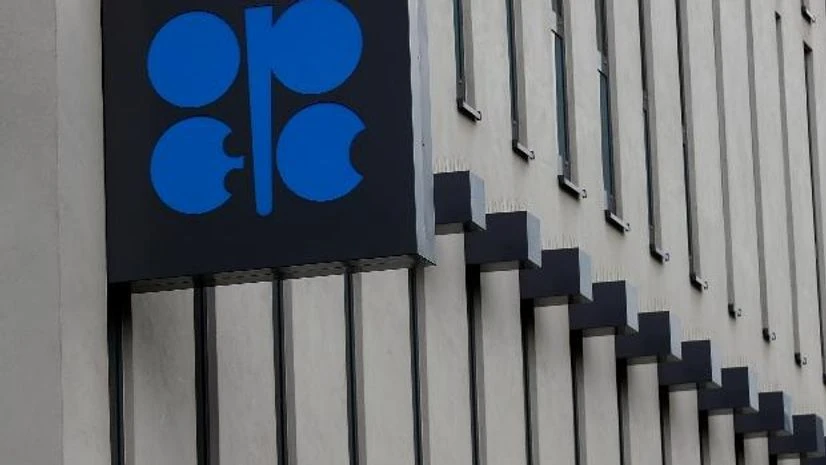By Florence Tan
SINGAPORE (Reuters) - Oil prices flipped to gains on Thursday as investors expect top producers to stand pat on output policy, shrugging off earlier concerns about the resumption of Iran nuclear talks that could result in more oil exports from Tehran.
Brent futures and U.S. West Texas Intermediate crude pared losses of more than 1% as traders shifted focus to a meeting of the Organization of the Petroleum Exporting Countries and its allies, including Russia, a group known as OPEC+, later on Thursday.
The group is expected to reconfirm plans to keep monthly supply increases steady, despite calls for an acceleration.
Brent was up 47 cents, or 0.6%, at $82.46 a barrel by 0751 GMT, while WTI nudged up 2 cents to $80.88 a barrel after having slipped as low as $79.74.
Also Read
Prices were down earlier, after Iran and six powers agreed to resume talks on Nov. 29 to revive the 2015 nuclear deal in Vienna. Iran has demanded that the United States drop sanctions that have limited its oil exports.
News of the resumption of U.S.-Iran nuclear talks has probably wiped out any last hope for OPEC+ to boost production targets, supporting prices, said OANDA's senior analyst, Jeffrey Halley.
Citi analysts said OPEC+ was likely to stick to current policy, despite pressure from oil importers.
"The majority of OPEC+ members cannot raise production from current levels ... while even Saudi Arabia has stressed the need to exercise caution on demand growth, given increased COVID instances, while boosting crude oil output," the bank said in a note.
Top producers Saudi Arabia and Russia are also more confident that higher oil prices will not elicit a fast response from the U.S. shale industry, OPEC+ sources said, reflecting a desire to rebuild revenue and supporting the case against raising OPEC+ output more quickly.
However, several major oil companies plan to increase output or shale spending next year, which could undercut OPEC+'s efforts to control supplies and support prices.
On Wednesday, both benchmarks posted their biggest daily percentage declines since early August, with Brent closing at its lowest since Oct. 7 and WTI since Oct. 13, after weekly inventory data from the U.S. Energy Information Administration showed a larger than expected rise in crude stocks last week. [EIA/S]
(Reporting by Florence Tan; Editing by Stephen Coates and Clarence Fernandez)
(Only the headline and picture of this report may have been reworked by the Business Standard staff; the rest of the content is auto-generated from a syndicated feed.)

)
